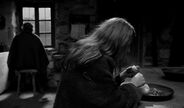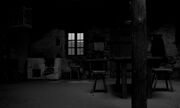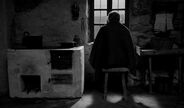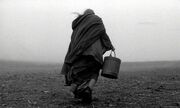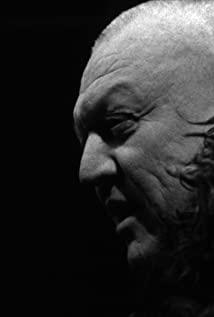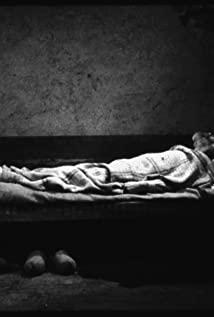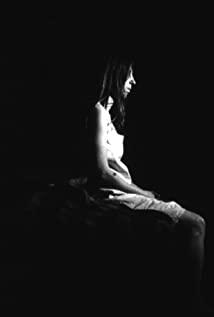God is dead. The laws of the world remain unchanged, and all the evils he has created and the scourges he has inflicted on mankind will exist and remain there, just as they have been on the horses of Turin. Man enslaves beasts, God enslaves man. Contact, debase, then seize. Even if human beings are destroyed, the horse of Turin will not be able to obtain wisdom from the herd. In the same way, even if all the gods die, man will not be able to achieve freedom, unable to compete with heaven and earth, and unable to become a god.
God is dead. Nietzsche believes that this is the beginning of the meaning of human life. He believes that he can become the sun, become a superhuman man, relieve all living beings from the shackles of distress, and save all people from fire and water. Of course, when he saw the futile struggle and howling of the Turin horse, he found that he was just an ordinary one among the common people, helpless in the face of the mighty power of heaven and earth. Heaven and earth are not benevolent, and all things are dogs. The worldview collapsed and Nietzsche went mad.
God is dead. The whole world was created by him. God is dead! Is the death of all beings still far away? Everything will eventually fade away!
The water is dry and the light is gone, and all sounds are still. All living beings are extinguished, and Hongmeng returns.
View more about The Turin Horse reviews



